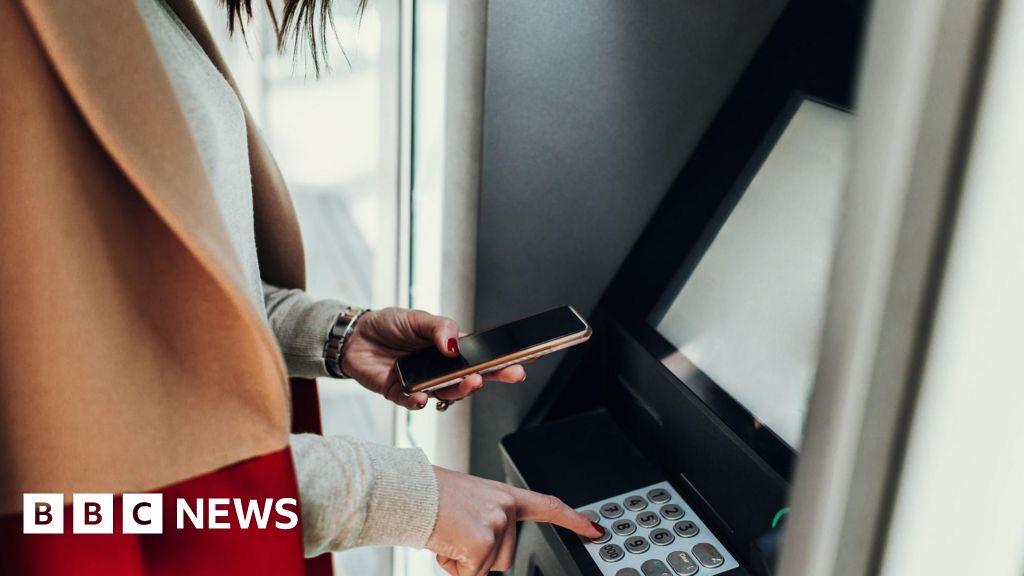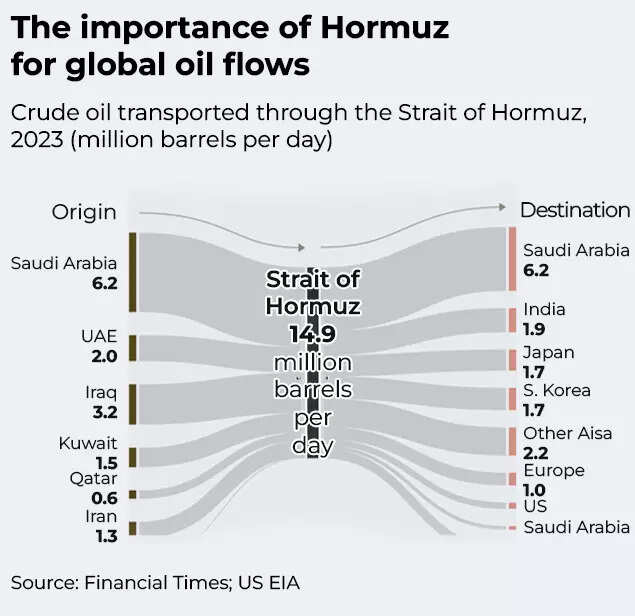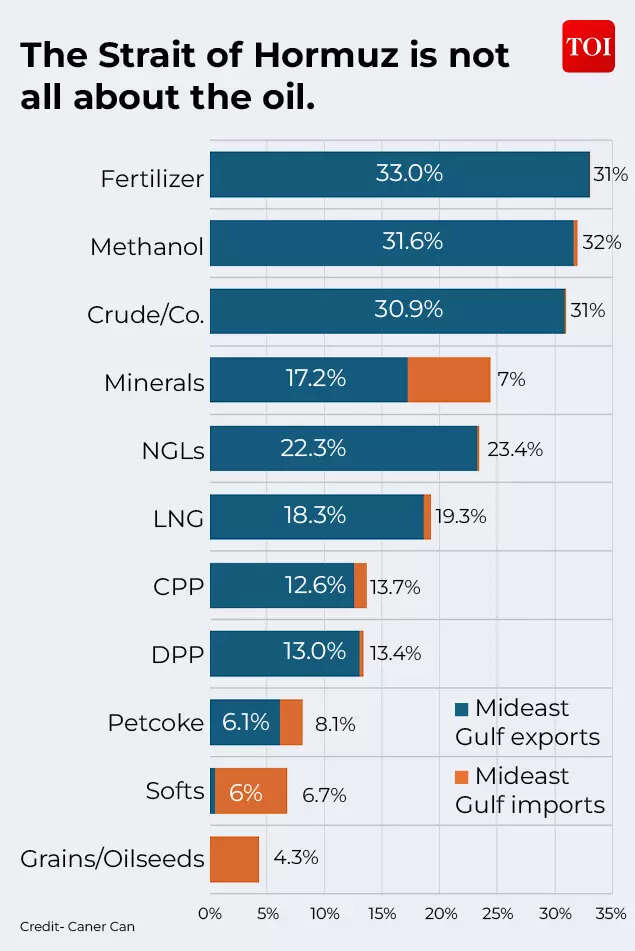Business
Bank share prices tumble after calls for tax on profits

The share prices of leading UK banks have tumbled following calls for the government to introduce a new tax on banking profits.
Traders and investors have reacted to the Institute for Public Policy Research (IPPR) saying a windfall tax could raise up to £8bn a year for the government.
The think tank said the policy would compensate taxpayers for losses on the Bank of England’s cash printing drive.
While the Treasury has not commented on any policy, concerns led to NatWest, Lloyds and Barclays being the biggest fallers on the main index of the London Stock Exchange early on Friday.
NatWest and Lloyds share prices were down by more than 4%, and Barclays had dropped by more than 3% in early trading.
Charlie Nunn, the chief executive of Lloyds bank, has previously spoken out against any potential tax rises for banks in the Budget.
He said efforts to boost the UK economy and foster a strong financial services sector “wouldn’t be consistent with tax rises”.
The Treasury has been contacted for comment.
The IPPR, a left-leaning think tank, said a levy on the profits of banks was needed as the Bank of England’s quantitative easing (QE) drive was costing taxpayers £22bn a year.
The Bank of England buys bonds – essentially long term IOUs – from the UK government and corporations to increase bond prices and reduce longer term interest rates.
The Bank is selling off some of these bonds, and the IPPR said it is now making huge losses from both selling the government bonds below their purchase value and through interest rate losses.
The IPPR described those interest rate losses as “a government subsidy to commercial banks”, and highlighted commercial bank profits compared to before the pandemic were up by $22bn.
The tax suggestion comes as Chancellor Rachel Reeves faces the difficult task of maintaining her fiscal rules while finding room for spending promises in the upcoming autumn Budget.
Carsten Jung, associate director for economic policy at IPPR and former Bank of England economist, said the Bank and Treasury had “bungled the implementation of quantitative easing”.
“Public money is flowing straight into commercial banks’ coffers because of a flawed policy design,” he said.
“While families struggle with rising costs, the government is effectively writing multi-billion-pound cheques to bank shareholders.”
Speaking on BBC’s Today programme, Mr Jung said the £22bn taxpayer loss was roughly equivalent to “the entire budget of the Home Office every year”.
“So we’re suggesting to fix this leak of taxpayer money, and the first step would be a targeted levy on commercial banks that claws back some of these losses,” he said.
A tax targeting the windfall profits linked to QE would still leave the banks with “substantially higher profits”, the IPPR report said, while saving the government up to £8bn a year over the term of parliament.
But financial services body UK Finance said that a further tax on banks would make Britain less internationally competitive.
“Banks based here already pay both a corporation tax surcharge and a bank levy,” the trade association said.
The association said a new tax on banking would also “run counter to the government’s aim of supporting the financial services sector”.
Russ Mould, AJ Bell investment director, said the UK stock market had soured following the suggestion, with investors wondering “if the era of bumper profits, dividends and buybacks is now under threat”.
“The timing of the tax debate, fuelled by a report from think-tank IPPR, is unfortunate given it coincides with a new poll from Lloyds suggesting a rise in business confidence, despite cost pressures,” he said.
The Chancellor has worked hard since Labour won power to woo the City. In her Mansion House speech in November last year, Reeves said that banking regulation after the 2008 financial crisis had “gone too far”.
But she faces difficult fiscal decisions in the run-up to her budget, after the government watered down its planned welfare savings and largely reversed winter fuel allowance cuts – decisions which narrowed her budget headroom.
Business
Middle East heat may ripple across India’s energy supply chain, flags Goldman Sachs – The Times of India

As tensions continue to heat up in the Middle East, concerns are raising about disruptions to one of the world’s most critical energy shipping routes, the Strait of Hormuz. Any disruption could significantly affect major oil-importing countries such as India, as the narrow Strait of Hormuz is central to global energy trade. The strait sees almost 20 million barrels of oil passing through each day, or about a fifth of the world’s consumption, pass through the route. The waterway also carries roughly 19% of global liquefied natural gas (LNG) shipments, making it a crucial corridor for energy-importing economies.A recent report by Goldman Sachs has flagged early signs of stress in the region. The report warned that tanker traffic through the Strait of Hormuz has already begun showing signs of disruption, with shipping firms, oil producers and insurers adopting a cautious approach following reports of damaged vessels in nearby waters.According to the firm, financial markets have already begun factoring in the geopolitical risk. Oil prices currently carry an estimated risk premium of $18-per-barrel, reflecting the potential market impact if energy flows through the Strait of Hormuz were disrupted for about a month.

Even is the oil facilities are not directly damaged, a shutdown of the shipping route could expose a significant portion of global supply. The report estimates that in an event of full closure, about 16 million barrels per day of oil flows could be affected, despite the availability of some pipeline routes designed to bypass the strait.And the risks are not limited to crude oil shipments with almost 80 million tonnes of LNG exports annually, much of it from Qatar, moving through the passage. Any prolonged disruption could tighten gas supply globally and potentially drive European benchmark gas prices back to levels seen during the 2022 energy crisis.

Asian economies stand among the most exposed to such disruptions. Major importers such as China, India, Japan and South Korea depend heavily on oil and LNG shipments that transit through the strategic corridor.While global oil inventories and spare production capacity could help cushion short-term shocks, the report warned that sustained disruption to Gulf shipping routes could trigger sharp volatility in global energy markets and push prices higher across oil, gas and refined fuel products.Market participants and governments are closely watching tanker traffic in the Strait of Hormuz, along with diplomatic and military developments involving the United States, Iran and Gulf nations, to assess whether the current disruptions remain temporary or escalate into a broader energy supply shock.
Business
Saudi Oil Supply Assurance Lifts Pakistan Stock Market – SUCH TV

KARACHI: The Pakistan Stock Exchange rallied on Thursday after Saudi Arabia assured Pakistan of facilitating crude oil shipments through the Red Sea port of Yanbu Port, easing concerns over potential fuel supply disruptions.
The benchmark KSE-100 Index climbed sharply during the trading session, rising 4,439.93 points (2.85%) to reach an intraday high of 160,217.14 points.
Market Recovery
Analysts attributed the market rebound to renewed institutional buying and improving investor sentiment after Saudi assurances on oil supplies.
Market expert Ahsan Mehanti, CEO of Arif Habib Commodities, said easing fuel supply concerns played a key role in the recovery.
He added that rising global crude prices, expectations of a new International Monetary Fund loan tranche for Pakistan, and positive economic indicators also boosted investor confidence.
Alternative Oil Route
Pakistan sought an alternative supply route after Iran announced the closure of the Strait of Hormuz, a crucial global oil transit corridor.
Federal Petroleum Minister Ali Pervaiz Malik held talks with Nawaf bin Said Al-Malki, requesting Saudi support for uninterrupted energy supplies.
Saudi authorities reportedly assured Pakistan that oil shipments could be routed through Yanbu, and one crude vessel has already been prepared for dispatch.
Global Oil Market Impact
Oil prices continued to rise amid tensions in the Middle East conflict involving Iran, Israel and the United States.
Brent crude: up 3.26% to $83.99 per barrel
West Texas Intermediate (WTI): up 3.70% to $77.42 per barrel
Energy markets remain volatile as shipping disruptions threaten supply through the Strait of Hormuz, a route that handles nearly 20% of global oil trade.
Analysts say the Saudi assurance helped calm fears about Pakistan’s energy supply chain, contributing to the strong recovery at the PSX.
Business
Asian stocks today: Markets inch higher mirroring Wall Street gains; Kospi jumps 10%, Nikkei up 1,400 points – The Times of India

Asian stocks inched higher on Thursday, after days of trading in red amid ongoing Middle East tensions. This comes as equities were lifted by a rebound on Wall Street as oil prices paused their recent spike and economic updates painted a more positive picture of the American economy. In South Korea, Kospi hit a pause on its downward rally to add a whopping 10% or 513 points, to reach 5,606. Japan’s Nikkei 225 also climbed 2.7% to 55,713. Hong Kong’s HSI also traded in green, rising 353 points to 25,603 as of 9:10 am. Shanghai and Shenzhen added 0.9% and 1.7% respectively. Gains elsewhere in the region were more modest. Australia’s S&P/ASX 200 added 0.3% to 8,927.20, while New Zealand’s benchmark index moved 0.9% higher. In contrast, US futures indicated a subdued start ahead. Futures linked to the Dow Jones Industrial Average were almost unchanged, while S&P 500 futures ticked up 0.2%. The S&P 500 advanced 0.8% on Wednesday, clawing back much of the decline seen since the onset of the Iran conflict. The Dow Jones Industrial Average rose 0.5%, and the Nasdaq Composite outperformed with a 1.3% gain. Globally, market sentiment has remained sensitive to developments in the Middle East, with oil price swings continuing to steer trading direction. Crude prices eased during Wednesday’s session. Brent crude briefly moved above $84 a barrel before settling at $81.40, roughly matching the previous day’s level. US benchmark crude edged up 0.1% to finish at $74.66 per barrel. By early Thursday, however, oil was on the rise again. Brent crude climbed 2.4% to $83.32 per barrel, while U.S. benchmark crude jumped 2.5% to $76.53 per barrel.
-

 Business6 days ago
Business6 days agoIndia Us Trade Deal: Fresh look at India-US trade deal? May be ‘rebalanced’ if circumstances change, says Piyush Goyal – The Times of India
-

 Politics1 week ago
Politics1 week agoWhat are Iran’s ballistic missile capabilities?
-

 Business7 days ago
Business7 days agoAttock Cement’s acquisition approved | The Express Tribune
-

 Business1 week ago
Business1 week agoHouseholds set for lower energy bills amid price cap shake-up
-

 Politics1 week ago
Politics1 week agoUS arrests ex-Air Force pilot for ‘training’ Chinese military
-

 Fashion7 days ago
Fashion7 days agoPolicy easing drives Argentina’s garment import surge in 2025
-

 Sports6 days ago
Sports6 days agoLPGA legend shares her feelings about US women’s Olympic wins: ‘Gets me really emotional’
-

 Fashion6 days ago
Fashion6 days agoTexwin Spinning showcasing premium cotton yarn range at VIATT 2026





